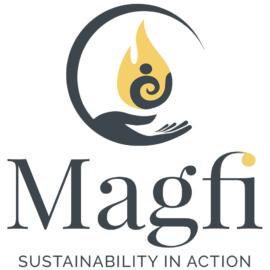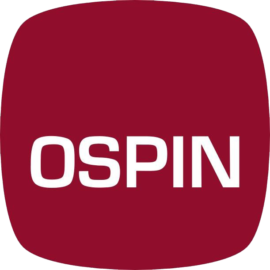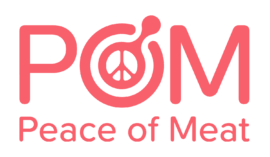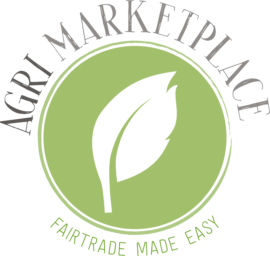Net Zero Food System
We will enable the transition to a net zero food system, measuring and quantifying the change through reduced CO2 equivalent emissions.

The food system is responsible for almost a third of greenhouse gas emissions, with connected challenges such as food waste, resource depletion and energy consumption. To reach net zero and mitigate the impacts of the climate crisis, we must scale a systems approach to change that enables the transition to sustainable and regenerative agriculture practices, creates new markets and opportunities for food waste and loss reduction, and empowers all stakeholders to play an active role in the circular food economy.
Want to learn more about the opportunities to achieve a net zero food system?


Just Add Water
Latest related news
Looking for more content related to Net Zero Food System?
Related start-ups in our network

SUstainable SEAfood PROcessing (SUSEAPRO)

Tackling food inequality: nourishing the body, nourishing the brain and supporting society
What do we need to do to stop food inequality, and ensure everyone everywhere has access to nutritious food?

Spotlight: Soil Capital on carbon payments for regenerative agriculture
Soil Capital’s Andrew Voysey describes Europe’s first certified carbon payment programme for farmers, which places value on the way food is produced by rewarding regenerative practices

The ‘Rebel’ with the regenerative vineyard
Los Salvacomidas

Introduction of environmental labelling
Related partners
Agri-EPI Centre

Magfi

Scottish Association for Marine Science (SAMS)

Milcoop

Aarhus University


Just Add Water

SUstainable SEAfood PROcessing (SUSEAPRO)

Tackling food inequality: nourishing the body, nourishing the brain and supporting society
What do we need to do to stop food inequality, and ensure everyone everywhere has access to nutritious food?

Spotlight: Soil Capital on carbon payments for regenerative agriculture
Soil Capital’s Andrew Voysey describes Europe’s first certified carbon payment programme for farmers, which places value on the way food is produced by rewarding regenerative practices

The ‘Rebel’ with the regenerative vineyard
Los Salvacomidas

Introduction of environmental labelling
















